Tips for Grandparents Who Want Their Grandkids to Read
This post may contain affiliate links.
Tips for Grandparents (Who Want their Grandkids to Read)
READING AT YOUR (A GRANDPARENT’S) HOUSE
At your own house, you have more options because it’s your own home and you have control.
If your grandkids visit you, pick one of these literacy options to do.
-
Read aloud to them.
-
Start a grandparent-grandchild book club.
-
Provide book bags and book-themed play options.
-
Provide access to lots of good books.
-
Visit the library and bookstore.
-
Attend storytime at the library.
-
Find opportunities to read in the world. Think of things like recipes, treasure hunts, street signs, etc.
-
Create a cozy reading nook with a bean bag chair, reading lamps, and bookshelves.
- Read a menu at a restaurant or a takeout menu. And, if a book introduces food or culture, try that food together while you discuss the book. – Terry D
- Intentional skill-building play areas. “I used to love to play ‘Library’ or ‘School.’ But even playing ‘Veterinarian” using stuffed animals can be literacy-based: children could make meaningful signs and have an intake area where they write down the ‘patients’ names, create name tags, draw/label animal types, write reports to describe their ailments. Additional areas could include a ‘Pet Spa’ where they read to animals …or Vet research library where they ‘research’ about the animals, etc.” – Cynthia B.
READING WITH GRANDKIDS AT A DISTANCE (VIRTUAL READING)
If you don’t live near your grandkids but want to read aloud to them and help them fall in love with books, see if these ideas could work for your family:
- Record a video of yourself reading a book.
-picture books in one video
-chapter books, one a chapter at a time
– send a picture book along with fun book-themed toys for interactive book play
– send a book and keep the same book so you can take turns reading it -
Buy a book, read it first and insert post-it notes with comments and encouragement for the child to read. Then, mail it to the grandchild. – Lucia H.
-
Start a book club with your grandchild or grandchildren.
“I love to find novels written on many levels so all could read the same book! This year we did Frankenstein. The oldest is a very voracious reader so she read the original. The other 2, read books on their level. We ended the summer with an outdoor viewing of the latest movie version!” – Mary Ellen R. -
Daily video chat for reading. Read silently with them on Zoom or Facetime (This shows that you value reading.)
-
Ask children to read to you — even if they’re only reading the pictures and making up their own story based on the illustrations.
-
Emails back and forth. (Reading & writing!)
-
Work on a collaborative story via email or Google Docs.
- Discuss books.
“Talk to the kids and their parents about what they’re reading and why they like a particular story…” – Nancy C.
IDEAS FOR THE GRANDCHILD’S HOUSE WITH THEIR PARENTS
Many grandma’s tell me that their kids aren’t prioritizing reading in the home so their grandkids aren’t getting time to read or any incentives to read.
What can a grandparent do to help their own children prioritize reading?
-
Share statistics.If you think it would convince your busy kids, share the statistics about reading aloud…and reading, in general.
–> Why Read 20 Minutes at Home
This research shows that readers who read at home score better on standardized tests and know more words. -
Gift audiobooks or an Audible subscription to the child with follow-up to make sure they’re using the gift.
-
Suggest to busy families that they read at breakfast or while dinner is being prepared. – Angie H.
-
Gift the grandkids books at their reading level and within their interests.
“Gift them with nonfiction such as Nat Geo and also magazines so that each month they get a treasure that exposes them to different facts and ideas” – Nancy C. -
Help them make a cozy reading nook by providing what they need.
“I have also helped the kids create their own reading center by giving them bean bag chairs and adjustable reading lamps for birthdays and having their own space has been very big.” – Nancy C. -
Make them book-themed Halloween costumes. –Nancy C
Do you have other ideas?
Drop any other suggestions you have in the comments below with your name and I’ll add them to this list!

You Might Also Like:


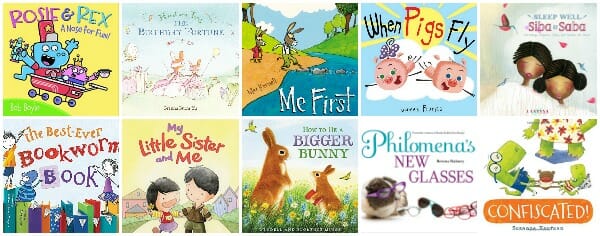
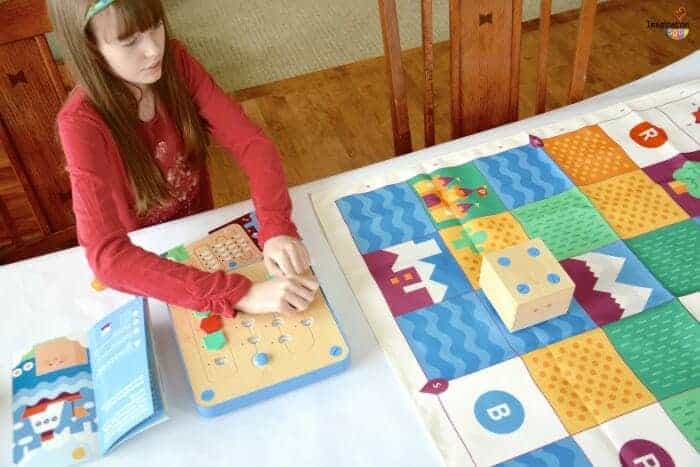
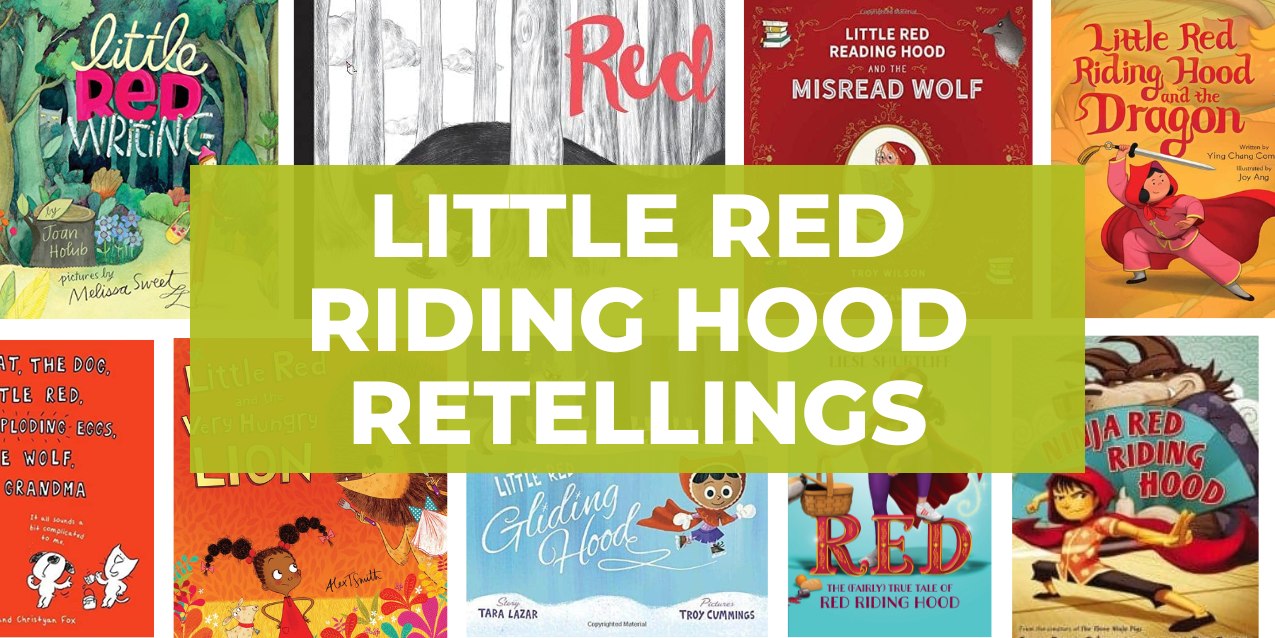
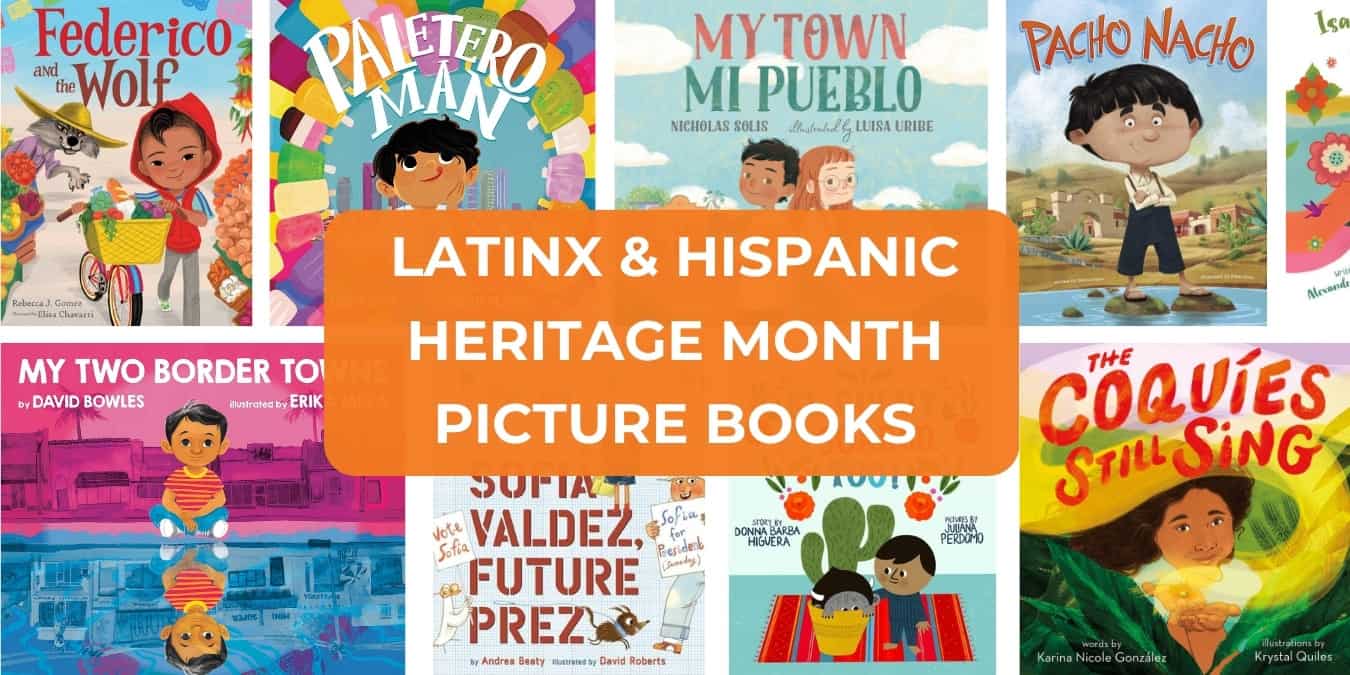
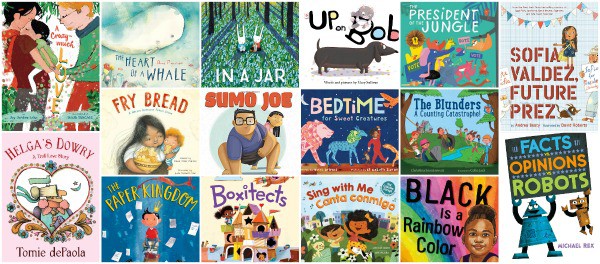
What ideas can you come up for middle school 6th 7th and 8th grades
Hi, Rosalia. I have ideas for middle schoolers here — https://imaginationsoup.net/ways-motivate-middle-school-students-read/ and here — https://imaginationsoup.net/stuck-in-the-middle-reading-in-middle-school/. I hope that helps!
Want to start a literacy program that would me as a grandparent to help other grandparents to teach their grandchildren to read
I know a few programs you might like but I’d start with Reading Simplified.
PS I want to thank you for this special Grandparents group. This …and my grandchildren …are very close to my heart — it’s inspiring to see all these wonderful ideas! Thank you!!
You’re very welcome!
Terry’s good idea on the functional literacy skills around restaurant outings/order ins reminds me of the power of imaginative play that includes purposeful reading and writing. Melissa, you have written much about this so you know there are so many fun scenarios that can incorporate literacy! I used to love to play ‘Library’ or ‘School.’ But even playing ‘Veterinarian” using stuffed animals can be literacy-based: children could make meaningful signs, have an intake area where they write down the ‘patients’ names, create name tags, draw/label animal types, write reports to describe their ailments. Additional areas could include a ‘Pet Spa’ where they read to animals …or Vet research library where they ‘research’ about the animals, etc.
YES — so much important development happens with intentional play. Thank you for this reminder. 🙂
Going to a restaurant is a great way to demonstrate core functional literacy skills: reading (menu), critical thinking (consider data and decide whether it is cuisine or menu item), and communication (chatting at the table together).
The pandemic makes that harder, but many places offer delivery or takeout and you can have a Restaurant-at-Home event. This is easily combined with other ideas, such as book clubs. Readers can talk about their latest read, whether independent or a group. If the book introduces a food or culture, bring the story to life by trying the cuisine.
Love this idea, thank you, Terry!